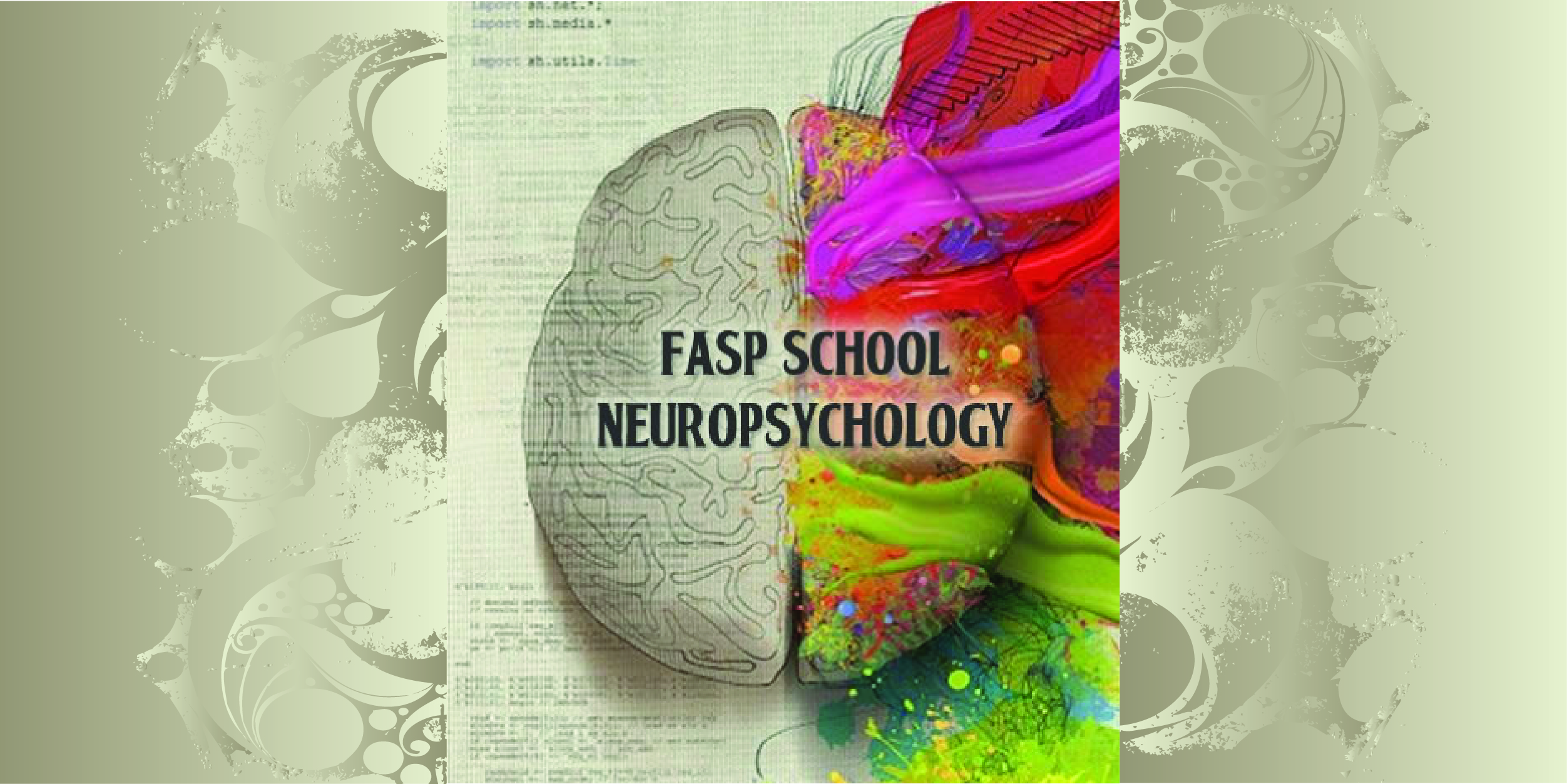FASP School Neuropsychology
...not all encounters with the world affect the mind equally. Studies have demonstrated that if the brain appraises an event as "meaningful," it will be more likely to be recalled in the future. ― Daniel J. Siegel Erica McKnight, FASP School Neuropsychology ChairFASP's School Neuropsychology Special Committee Interviews Dr. Dan Miller Dr. George McCloskey provides a General Overview of Executive Functions School Neuropsychology represents the integration of theory and practice of school psychology, educational principles, cognitive processing, neuropsychological principles, and evidence-based interventions. The goal is to assist in the identification of impediments to successful response to instruction and evidence-based interventions. Evaluations should be designed to impact instruction and work with Curriculum and Instruction to modify curricula, differentiate instruction, and facilitate learning. New research is supporting the neurobiological bases of disorders once thought to be behavioral or functional. Dan Miller, Ph.D. (2011), has identified the following roles and responsibilities of School Neuropsychologists:
This new FASP Special Committee is designed to introduce School Neuropsychological concepts and topics to the FASP Membership. Please continue to check back with the website to see new additions. We expect to have references, current articles of interest, webinars, and opportunities to learn about School Neuropsychology. For now, here is a list of readings of interest: School Neuropsychology Books |



